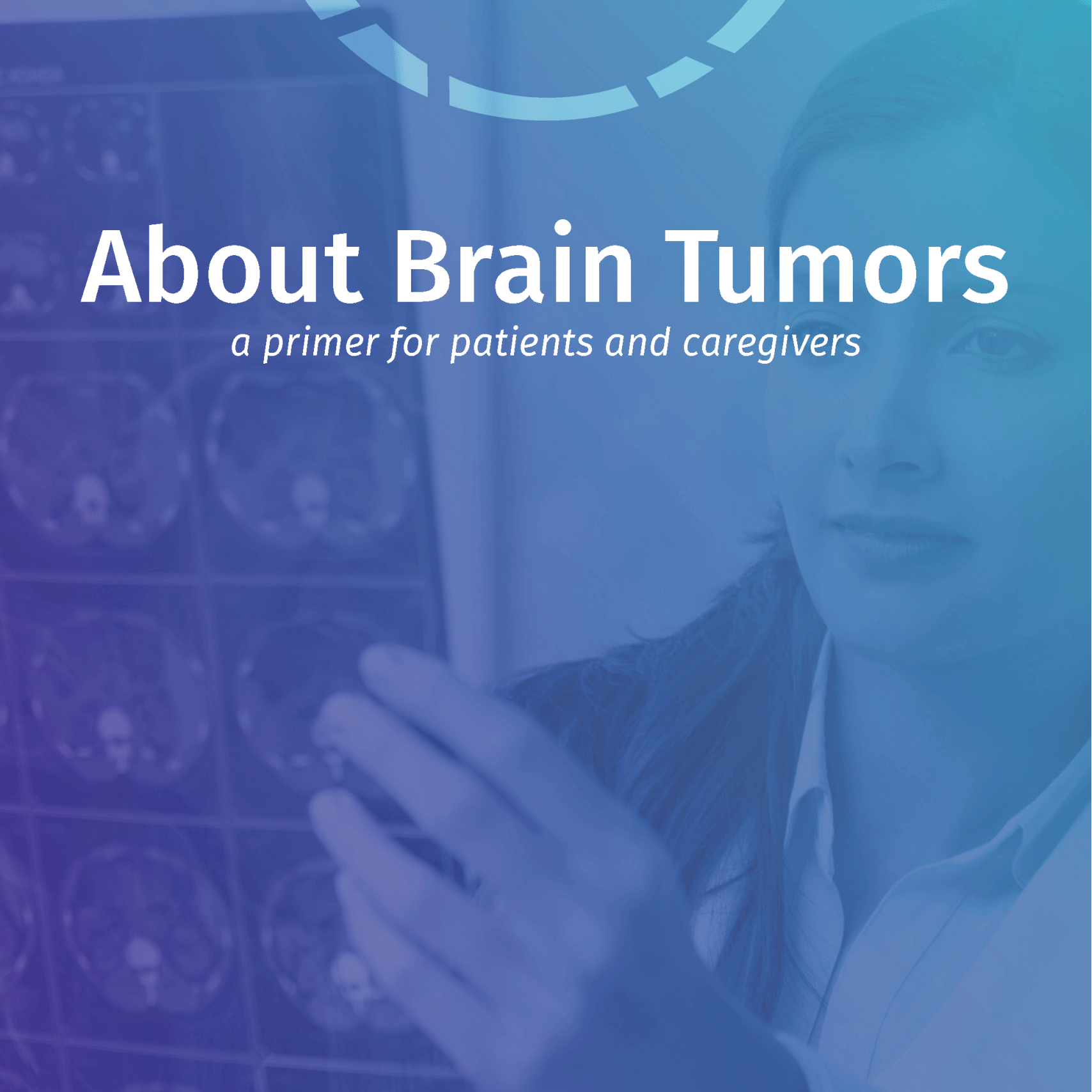by Jarrett Brown
On August 5, 2024, my life changed forever. Neurosurgeon Dr. Kenneth Reichert walked into my hospital room and delivered the news: the tangerine-sized mass discovered in my brain on an MRI the night before was a tumor.
“We have to remove it, or you are going to die,” he said.
Dr. Reichert explained that while he had successfully performed this surgery before, there were significant risks. Complications could leave me without my physical or cognitive abilities—or even cost me my life. He scheduled the surgery for two days later, sending me home to prepare for what could be my last opportunity to enjoy the things I loved.
Preparing for the Unknown
That evening, I did the things that brought me joy: I went to my favorite restaurant, relished every bite of food, and soaked in the simple pleasures of life. My biggest fear was losing my ability to think critically, analyze situations, and speak—skills that define me as a person and drive my passion for advocacy.
The next morning, I woke up with a heavy heart and sat down at my computer. I recorded an 18-minute video for social media, knowing it might be my last opportunity to express my thoughts. Choking back tears, I said:
“If I lose my ability to communicate, I will lose my ability to advocate for other people and solve problems to make things better for them and for everyone else. It helps me realize my potential and do what I can as one single human being for others.”
I ended the video with a simple yet powerful message about fairness, kindness, and love. I urged people to stand up for one another and make an impact in whatever way they could.
A Life-Saving Surgery
Thanks to the expertise of Dr. Reichert and the dedicated medical teams at two hospitals, I emerged from the surgery alive and intact. I retained all my physical and cognitive abilities, a blessing I will never take for granted.
This experience profoundly deepened my appreciation for life and strengthened my resolve to continue my life’s work.



Renewing My Purpose after Surgery
When I spoke about my life’s work, I was referring to my 17 years as a Workers’ Rights Advocate. I have spent decades fighting for fair treatment in workplaces, including seafood processing plants, meatpacking plants, and other factories. A cornerstone of my advocacy has been improving access to and affordability of healthcare, a mission that feels even more urgent after my personal health crisis.
Just days after leaving the hospital, I published an op-ed about preserving and improving the Affordable Care Act. Shortly after, I was featured in an ad emphasizing the importance of this legislation.
My journey hasn’t stopped there. Alongside my advocacy work, I completed my college education, earning both a Bachelor’s and a Master’s degree. In the fall of 2025, I will begin law school, with the goal of becoming an attorney who helps others navigate difficult times and thrive.
A New Beginning: Advocating for Hope and Change
When Dr. Reichert first told me how serious my situation was, I spent a lot of time reflecting on the end of my life. But my brain surgery didn’t mark an ending—it gave me a new beginning.
Today, I live with more vigor and determination than ever before. My experience reminds me that even in the darkest moments, there is hope—whether we see it or not.
To anyone facing a brain tumor or any life-altering challenge, know this: there is hope for you too. You have the strength to face whatever lies ahead, and your life still holds possibilities beyond what you can imagine.
Learn more about brain tumor treatments
Let my story be a reminder that even in the most uncertain times, there is potential for new beginnings, renewed purpose, and the chance to make a difference.

























